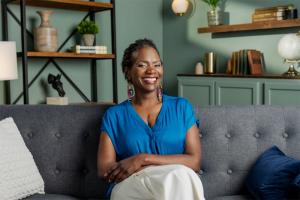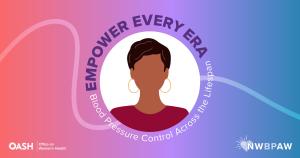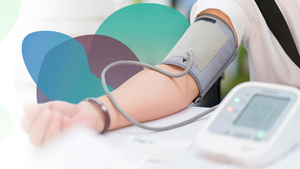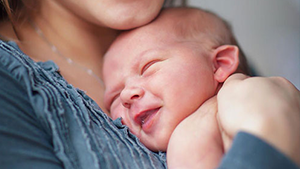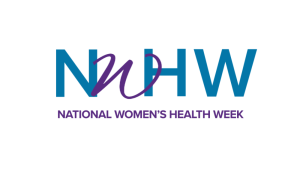Monique, a cancer survivor, began having high blood pressure during menopause. She has lived with heart disease for 20 years, including heart failure, and received a heart transplant. Read more about Monique's journey and her advice for other women managing their heart health. Monique is no stranger...
The female athlete triad—low energy availability, menstrual dysfunction, and impaired bone health—can impact women and girls in sports. Preventing complications involves balancing energy intake, tracking menstrual cycles, and protecting bone health. Learn key steps to stay active and healthy.
Hypertension, or high blood pressure, is a serious public health issue and a leading cause of death and disability, both globally and in the U.S. Nearly 50% of US adults have hypertension, and nearly half are women, including almost 1 in 6 women of reproductive age.
The U.S. Department of Health and Human Services (HHS) Office of the Assistant Secretary for Health (OASH) Office on Women’s Health (OWH) is excited to announce the 15 winners for Phase 1 of the HHS Endocrine-Disrupting Chemicals (EDC) Innovator Award Competition. This competition was developed to...
The U.S. Department of Health and Human Services (HHS) Office on Women’s Health (OWH) is excited to announce the 15 Phase 2 awardees of the HHS Hypertension Innovator Award Competition. The national competition was developed by OWH to identify programs that use innovative methods of blood pressure...
The holidays are full of family, friends and festive gatherings. Healthy eating during the holidays may seem challenging but it doesn’t always mean foregoing your favorite desserts and sweets. With a few small changes, it is possible to maintain healthy eating habits during the holiday season...
The HHS Office on Women’s Health (OWH) recently released a study that examined the relationship between paid family leave (PFL) and mental health. The study, published on November 8, 2022 in the journal Community, Work & Family, found that PFL programs may make it easier to take longer leave after...
Director, Division for Heart Disease and Stroke Prevention National Center for Chronic Disease Prevention and Health Promotion U.S. Centers for Disease Control and Prevention
A profile of Dr. Jacqueline Miller, MD, FACS, Medical Director of the CDC’s National Breast and Cervical Cancer Early Detection Program in the Division of Cancer Prevention and Control. October is Breast Cancer Awareness Month and there is much to celebrate this year. According to the American...
Dorothy Fink, M.D. , Deputy Assistant Secretary for Women's Health and Director, Office on Women's Health; Kaye Hayes, M.P.A.,Acting Director, Office of Infectious Disease and HIV/AIDS Policy Every two seconds, someone in the U.S. requires blood to compensate for blood loss resulting from varying...


